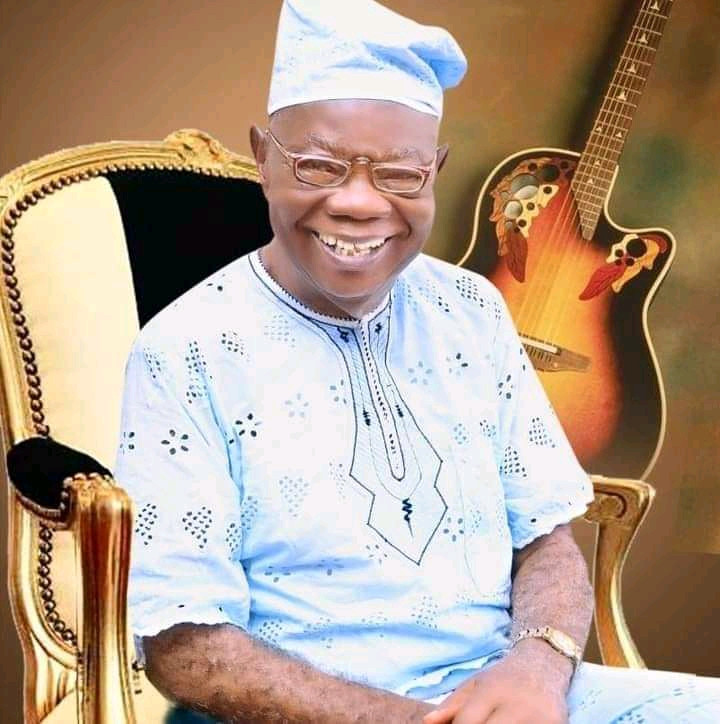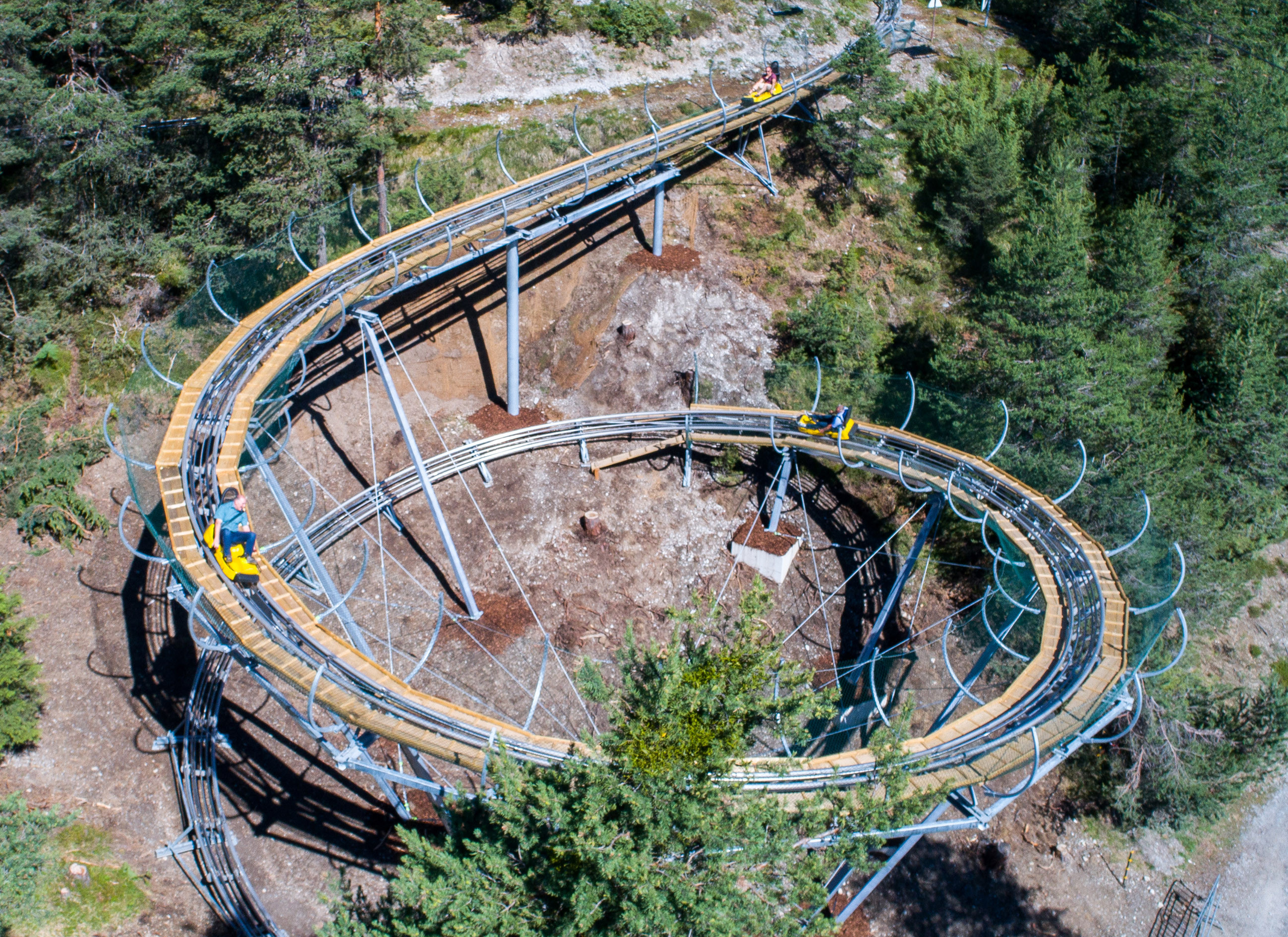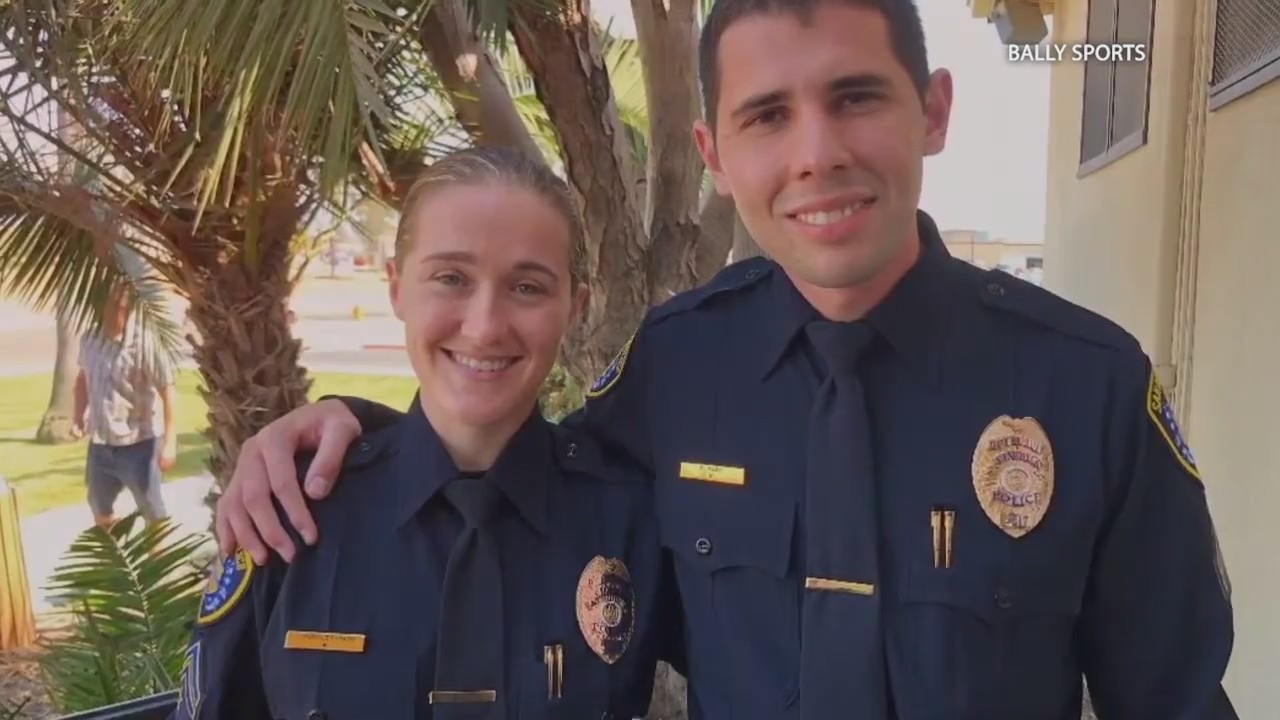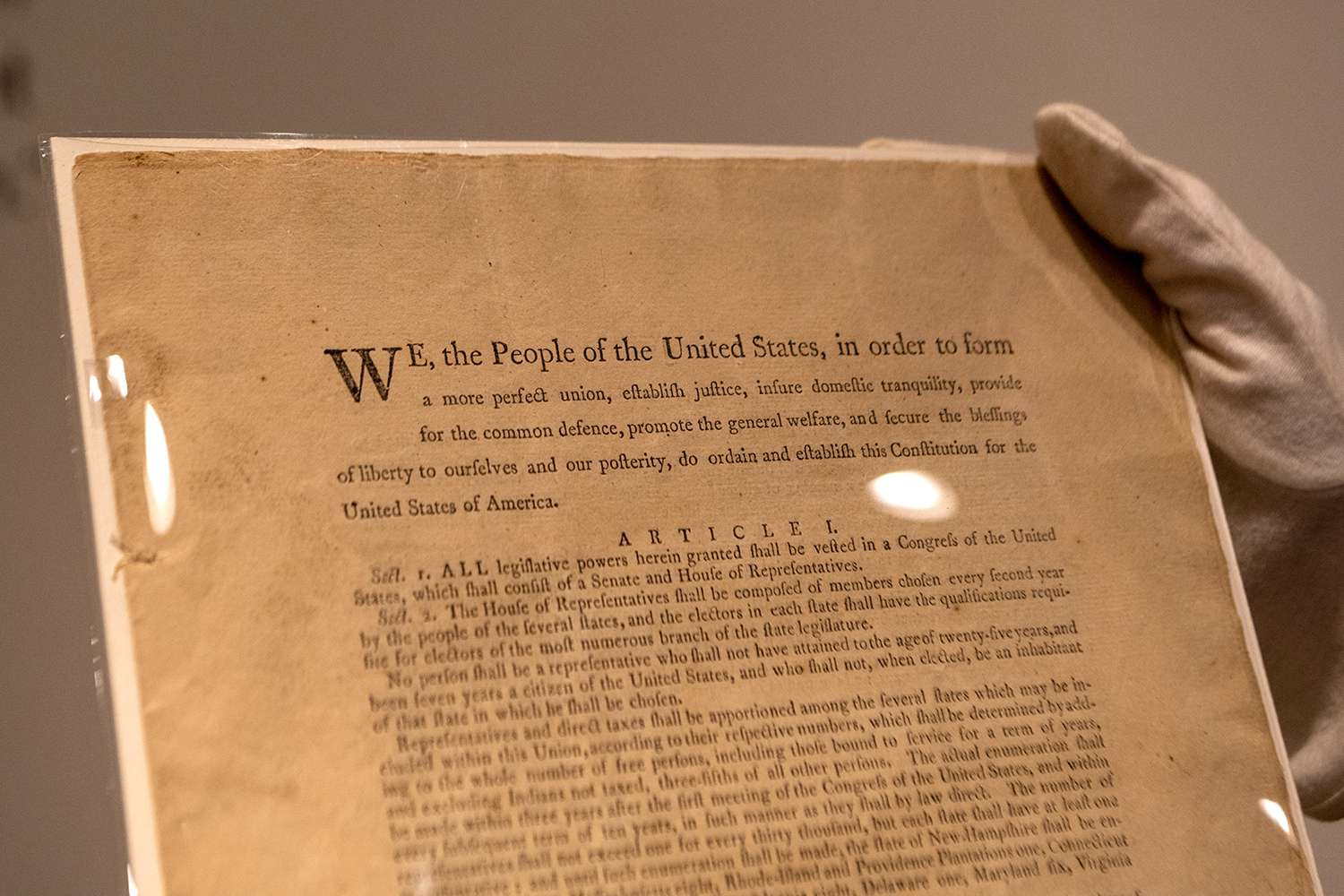Enugu State Governor, Peter Mbah, on Monday, paid a courtesy visit to veteran highlife musician, Mike Ejeagha, of the ‘Gwo Gwo Gwo’ fame, where he renamed the popular Obinagu Road in Abakpa Nike in the state after the singer.
Mbah who made the announcement during the commissioning of four roads in the Abakpa Nike area of Enugu, said the Obinagu Road will henceforth be called Mike Ejeagha Crescent.
He also promised to take full responsibility for the upkeep of the 93-year-old musician who became an internet sensation in July after content creator, Brain Jotter, used his ‘Gwo Gwo Gwo’ song for a dance challenge which shot him into limelight.
While speaking during the event, the Governor said it was important to recognize and honour the achievements of the veteran musician while he is still alive.
READ ALSO:No faction in Enugu APC, Ganduje insists, ignores court order
“In recognition of Mike Ejeagha’s immense contributions to the cultural heritage of Enugu State, we have renamed Obinagu Road, leading to his residence and reconstructed earlier in the year, to Mike Ejeagha Road,” Mbah said.
He emphasized that the gesture was part of the state government’s efforts to celebrate Ejeagha’s significant contributions to the cultural heritage of Enugu.
Mbah also pledged continued support for the highlife icon, assuring that his well-being would be prioritized as part of the government’s broader commitment to upholding the state’s rich cultural heritage.
The Rise of “Gwo Gwo Gwo”
The renaming of Obinagu Road comes after the recent resurgence of popularity for Ejeagha’s song, “Ka Esi Le Onye Isi Oche,” which features the iconic “Gwo Gwo Gwo” refrain. This resurgence can be traced back to the viral dance challenge initiated by skit maker Brain Jotter, who incorporated the song into a humorous skit. The challenge, which involved dancers performing moves to the song’s beat, went viral on TikTok and garnered millions of views, catapulting Ejeagha into the spotlight of a new generation.
The song’s viral success not only brought Ejeagha renewed fame but also rekindled interest in his musical career, which spans decades. Ejeagha’s journey began during his elementary school days in Enugu State, where he was born in August 1932. He was profoundly influenced by the guitarists Moses Aduba and Cyprian Uzochiawa, whose artistry ignited his passion for music. In 1950, he established his band, “Mike Ejeagha and the Merry-makers,” and his rise to fame was propelled by his participation in radio programmes like “Guitar Playtime” and “Akuko n’egwu” (meaning “storytelling in music”). These platforms provided him with a stage to share captivating folktales and music, which resonated deeply with audiences due to their social and cultural significance. His music often explored themes of tradition, folklore, and social commentary, endearing him to listeners and solidifying his position as a prominent figure in Nigerian highlife music.
Ejeagha’s Legacy Honored
The renaming of the road after Ejeagha is a testament to his enduring legacy and contribution to Nigerian music and culture. The recognition signifies not only the government’s appreciation for his artistic contributions but also a commitment to preserving the rich cultural heritage of Enugu State. Governor Mbah’s commitment to providing for Ejeagha’s upkeep further demonstrates a deeper understanding of the importance of supporting our cultural icons, especially during their later years, ensuring that their contributions are acknowledged and celebrated.
This gesture reflects a growing trend in Nigeria and across the globe to acknowledge the significant role that music and cultural icons play in shaping our identities. By honoring Ejeagha’s legacy and supporting his well-being, the government sets a precedent for how we can uplift and value our cultural heroes, ensuring that their contributions remain a source of inspiration for generations to come.
A Legacy That Endures
Mike Ejeagha’s story is a testament to the enduring power of music and its ability to transcend generations. His music continues to resonate, even in the digital age, thanks to the ingenuity of young creators like Brain Jotter, who use innovative approaches to introduce his work to new audiences. The renaming of the road and the government’s commitment to his upkeep serve as a reminder that the legacy of our cultural icons lives on through their work, and that their contributions deserve recognition and support. As Ejeagha continues to enjoy a resurgence of popularity, his legacy stands as a testament to the enduring power of music to connect people across time and space.

















